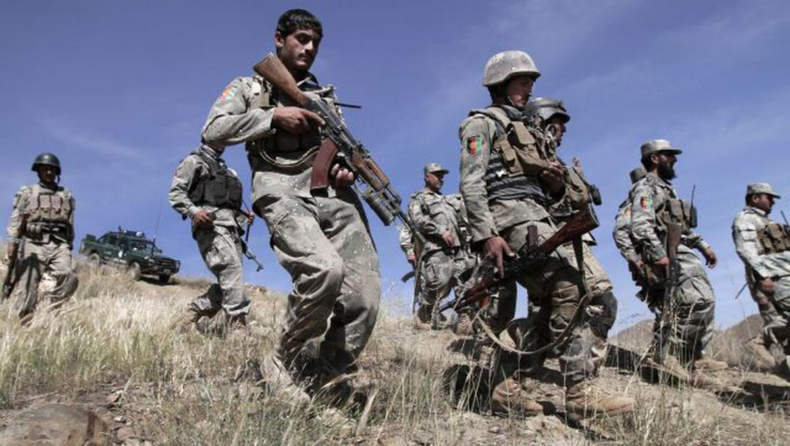On Sunday, Pakistan issued a stern warning to Afghanistan’s hardline religious leadership to cease hiding indigenous Pakistani Taliban terrorists who have mounted more lethal strikes against the country’s military. The militants were not supported by Pakistan.
The warning came in response to Afghan accusations that Pakistani aircraft bombing operations in Afghanistan’s eastern Khost and Kunar regions late Friday, killing people.
Pakistan has, however, refused to respond to the Afghan charges instead of blaming the Afghan Taliban for doing little to prevent militants in Afghanistan from attacking Pakistan.
“Terrorists are utilizing Afghan land with impunity to carry out actions within Pakistan,” claimed a statement from the Foreign Ministry that was unusually severe.
Before the Taliban surged to power in Afghanistan in August, as America ended its 20-year war, Pakistan was frequently accused of harboring Taliban members. Following their takeover, Islamabad has been at the forefront of pressuring the international community to collaborate with the Afghan government, which is religiously motivated.
It’s unclear if Pakistan’s new Prime Minister, Shahbaz Sharif, would tolerate the Afghan Taliban as his predecessor, Imran Khan, a cricketer turned hardline Islamist politician who was removed in a highly stormy no-confidence vote last weekend.
The Taliban’s course of action
The Taliban Foreign Ministry summoned Pakistan’s envoy on Saturday to complain about civilians murdered in bombing attacks late Friday, killing refugees in Afghanistan’s eastern Kunar and Khost districts.
Taliban spokesperson Zabihullah Mujahid cautioned Pakistan not to “test the patience of Afghans on such issues” and not to “make the same error because it would have serious consequences.” He did not detail the effects or the number of individuals slain.
TOLO News, Afghanistan’s leading news station, broadcast photographs of children’s bodies that were murdered in the bombing. The same channel broadcast rallies by hundreds of eastern Khost province citizens criticizing Pakistan and yelling anti-Pakistan chants.
Pakistan has not acknowledged any assault on Afghanistan, and the Taliban authorities are being chastised in the statement for doing too little to prevent Pakistani Taliban fighters from attacking Pakistan.
The conflict between the Taliban and Islamabad
“In the last few days, events along the Pakistan-Afghan border have dramatically intensified, with Pakistani security personnel being attacked from across the border,” the Pakistani statement added. Seven Pakistani military troops were murdered last week in an ambush along the border by militants, later claimed by the Pakistani Taliban known as the Tehreek-e-Taliban Pakistan, or TTP.
Since the Taliban assumed authority in Afghanistan, militant assaults in Pakistan have increased. The bombings have been claimed by either the Pakistani Taliban or an Islamic State group offshoot, which is also based in Afghanistan but battling the Taliban.
According to Amir Rana, executive director of the Pakistan Institute of Peace Studies, an independent research tank that tracks terrorist activities in Pakistan, by late March this year, Pakistan had experienced 52 militant strikes, compared to 35 in the same period last year. The attacks have also become more lethal.
In Pakistan, 155 people have been murdered in similar incidents this year, compared to 68 last year.
The Durand Line, which separates the two nations, runs the length of the 2,670 kilometers (1,660-mile) dividing line. The Durand line extends through the region’s ethnic Pashtun population, frequently separating clans and families. Although it was established by the British in the nineteenth century, successive Afghan governments have refused to acknowledge it as the official boundary, instead claiming Pakistani territory known as Khyber Pakhtunkhwa Province, which ethnic Pashtuns dominate.
Since assuming power, the Taliban in Afghanistan have clashed with Pakistan on many occasions over a border barrier that Islamabad has been building.
Edited By: Vanshika Sahu
Published By: Akshaj Joshi













